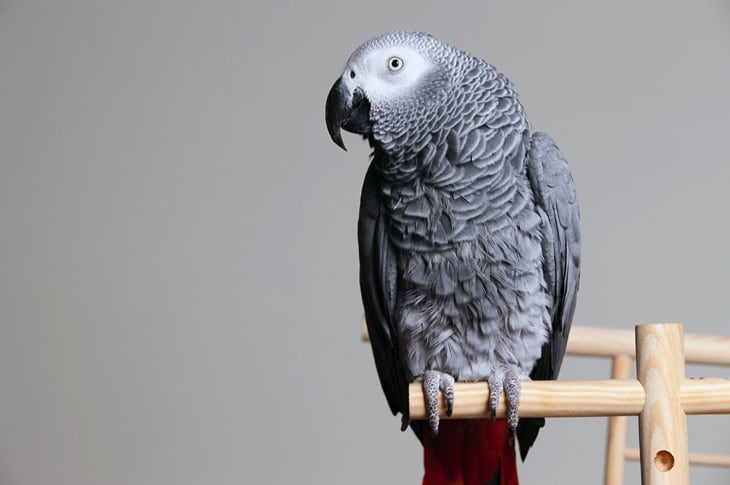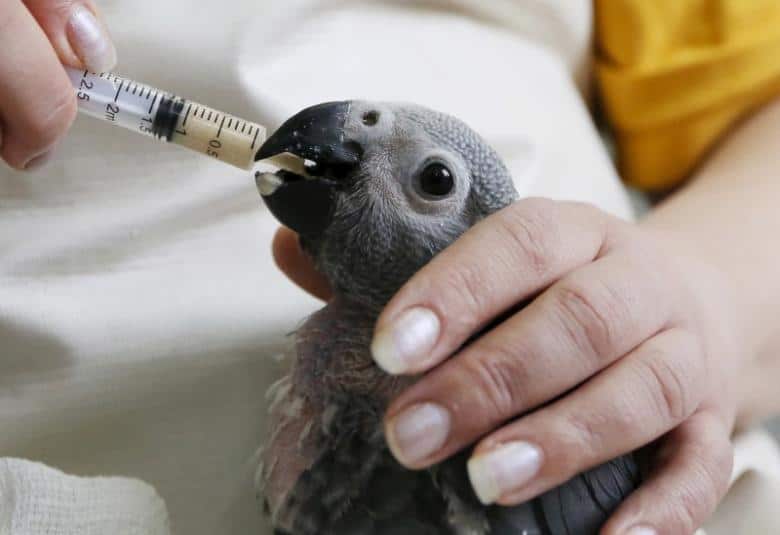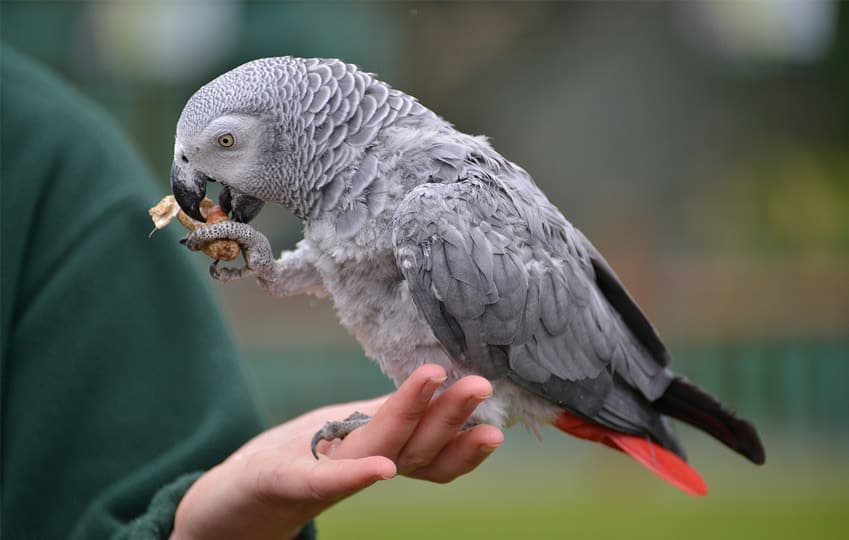
The U.N.’s Convention on International Trade in Endangered Species (CITES) convened this past month to discuss the future of several species and how humans are to interact with them going forward. At the convention, several decisions were made in the two-week long procession of meetings, among them being the ban on the African grey parrot trade.
African grey parrots are best known for their uncanny ability to imitate speech and the sounds around them and using them tirelessly to stimulate themselves. They are a very common avian pet that requires frequent enrichment and attention to prevent them from becoming distressed.

The birds are typically bred in captivity and subsequently sold as a pet globally. Prior to the most recent convention, they were listed as wildlife whose trade must be limited but not prohibited. Dr Colman O Criodain, the World Wildlife’s Fund’s global policy manager, said,
“Fraud and corruption have enabled traffickers to vastly exceed current quotas and continue to harvest unsustainable numbers of African grey parrots from Congo’s forests to feed the illegal trade. Banning the trade will make it easier for law enforcement agencies to crack down on the poachers and smugglers, and give the remaining wild populations some much-needed breathing space.”
Due to their decline in numbers, their trade has been officially banned because of poor trade regulation, frequent trafficking, and deforestation. The International Fund for Animal Welfare (IFAW) estimates that between 2.1 and 3.2 million African greys were captured between 1975 and 2013. Approximately two-thirds of the birds die while being shipped to markets with “deplorable” conditions, the IFAW claims.

This particular parrot is the third most traded in the world, so it’s no surprise that one-fifth of their population is being constantly stolen from the wild to be sold.
The vote to have them listed under CITES Appendix I, meaning their trade would be totally banned, was agreed upon with 95 votes in favor, 35 against, and 5 abstentions. Officials also voted to ban the trade of scaly pangolins, the most trafficked mammal in the world. Their scales, meat, and blood are used in traditional Chinese medicine and for consumption.
Hopefully these parrots will be able to get the relief they deserve after decades of abuse and focus on improving their own population.
What are your thoughts on banning wildlife trade? Please share, like, and comment on this article!
This article (UN Officially Bans Trade Of Prized And Beloved African Grey Parrot) is free and open source. You have permission to republish this article under a Creative Commons license with attribution to the author and TrueActivist.com


